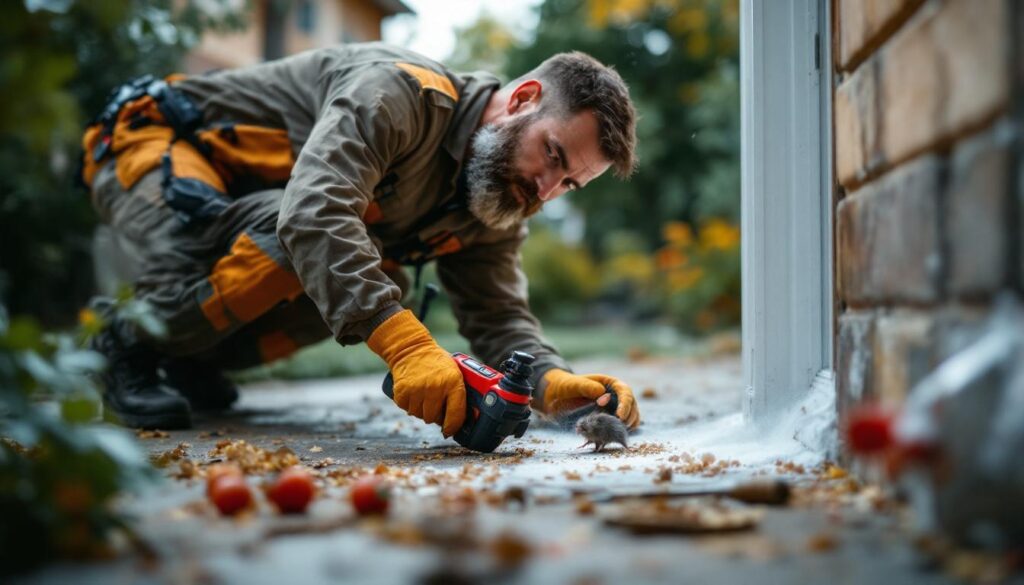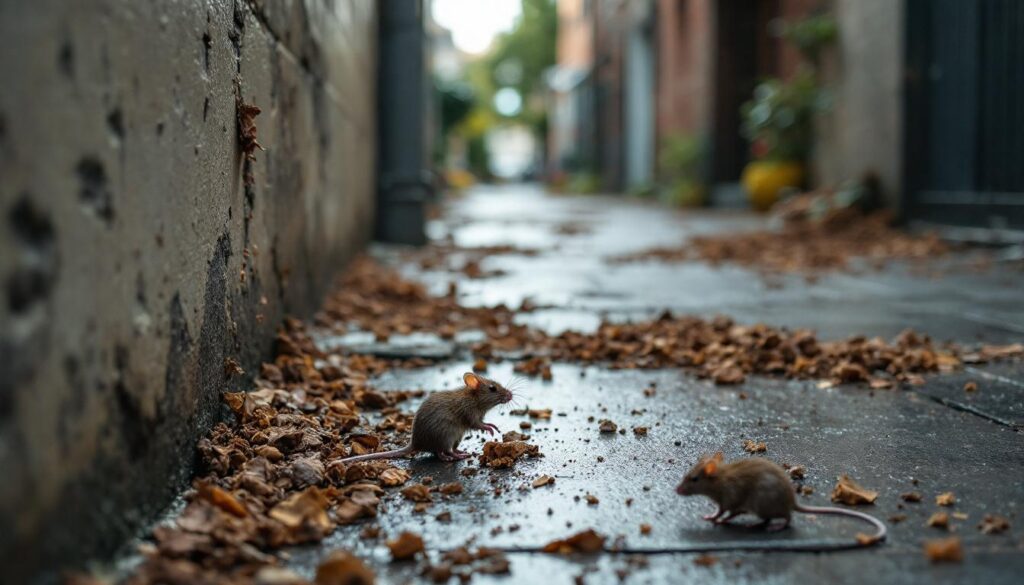Rodents can be a significant nuisance, particularly in urban areas like Sydney, where their populations can flourish due to the abundance of food and shelter. When faced with a rodent infestation, many individuals consider tackling the issue themselves. However, professional rodent exterminators possess the expertise and tools necessary to handle even the toughest cases effectively. This article delves into how professionals manage rodent infestations in Sydney, outlining their methods, the importance of their services, and tips for prevention.
Understanding the Rodent Problem in Sydney
The Common Rodents of Sydney
Rat exterminator Sydney is home to several rodent species, with the most common being the black rat (Rattus rattus) and the brown rat (Rattus norvegicus). Black rats are typically found in urban areas, often nesting in trees and buildings, while brown rats prefer burrowing in the ground. Both species are adept at reproducing quickly, making it essential to address infestations promptly.
These rodents are not only a nuisance but also pose health risks. They can transmit diseases such as leptospirosis and hantavirus, and their droppings can contaminate food sources. Understanding the behaviour and habits of these rodents is crucial for effective extermination.
Signs of a Rodent Infestation
Identifying a rodent infestation early can prevent more severe issues down the line. Common signs include:
- Droppings: Small, dark pellets found near food sources or nesting areas.
- Gnaw marks: Rodents have strong teeth and will gnaw on wood, plastic, and even electrical wires.
- Nests: Shredded paper, fabric, or insulation can indicate nesting sites.
- Strange noises: Scratching or scurrying sounds, particularly at night, can signal rodent activity.
If you notice any of these signs, it is advisable to contact a professional rodent exterminator to assess the situation.
How Professionals Approach Rodent Extermination
Initial Assessment and Inspection
The first step in the extermination process is a thorough inspection of the premises. Professionals will look for signs of rodent activity, potential entry points, and nesting sites. This assessment is crucial as it helps the exterminator understand the extent of the infestation and develop a tailored treatment plan.
During the inspection, exterminators will also evaluate the environment for factors that may attract rodents, such as food sources, water, and shelter. Identifying these factors is essential for long-term prevention.
Choosing the Right Extermination Method
Once the assessment is complete, professionals will choose the most effective extermination method. Common techniques include:
- Trapping: This method involves setting traps to capture rodents. Professionals often use snap traps, glue traps, or live traps, depending on the situation.
- Baiting: Poison baits can be used, but they must be handled with care to prevent harm to pets and children. Professionals are trained to place baits in strategic locations.
- Fumigation: In severe cases, fumigation may be necessary. This method involves sealing the premises and introducing a gas that eliminates rodents.
Each method has its advantages and disadvantages, and professionals will select the one that best suits the specific circumstances of the infestation.
Implementing Exclusion Techniques
After extermination, professionals will implement exclusion techniques to prevent future infestations. This may involve sealing entry points, such as cracks and gaps in walls, doors, and windows. Additionally, professionals may advise on landscaping changes, such as trimming trees and bushes that provide shelter for rodents.
Education is also a critical component of the exclusion process. Exterminators often provide clients with information on proper food storage, waste management, and sanitation practices to minimise the risk of attracting rodents in the future. Visit https://www.qld.gov.au/health/staying-healthy/food-pantry/running-a-food-business/premises-and-equipment/pest-control to get more about pest control.
The Importance of Professional Extermination Services
Expertise and Experience
One of the primary benefits of hiring a professional rodent exterminator is their expertise. These professionals are trained to identify rodent behaviour, understand the risks associated with infestations, and implement effective extermination techniques. Their experience allows them to handle even the most challenging cases with confidence.
Moreover, professionals stay updated on the latest pest control methods and regulations, ensuring that they use safe and effective practices. This knowledge is invaluable in a city like Sydney, where rodent populations can be particularly resilient.
Health and Safety Considerations
Rodent infestations can pose serious health risks, not only due to the diseases they carry but also because of the potential for allergens in their droppings and urine. Professionals are trained to handle these situations safely, using protective gear and following protocols to minimise exposure to harmful substances.
Additionally, the use of poisons and traps can be dangerous if not handled correctly. Professional exterminators are equipped to manage these risks, ensuring that the extermination process is safe for both residents and pets.

Preventing Future Infestations
Regular Inspections and Maintenance
To keep rodent populations at bay, regular inspections and maintenance are essential. Homeowners should consider scheduling annual pest control assessments to identify potential issues before they escalate. Professionals can provide ongoing monitoring and maintenance services to ensure that properties remain rodent-free.
Regular maintenance also includes keeping the property clean and tidy. Ensuring that food is stored in airtight containers, sealing garbage bins, and maintaining a clean outdoor environment can significantly reduce the likelihood of attracting rodents.
See Also : Rat Removal Sydney: Fast, Effective Solutions for Urban Homes
Community Awareness and Action
Rodent infestations are often a community issue, particularly in densely populated areas. Community awareness campaigns can help educate residents about the importance of pest control and encourage collective action. Local councils may also implement initiatives to address rodent populations in public spaces, which can benefit the entire community.
By working together, residents can create a less hospitable environment for rodents, ultimately reducing the chances of infestations in their homes.
Conclusion
Rodent infestations can be challenging to manage, but professional exterminators in Sydney are equipped to handle even the toughest cases. Through thorough inspections, tailored extermination methods, and effective exclusion techniques, these experts can help restore peace of mind to homeowners. Additionally, understanding the importance of prevention and community action can further minimise the risk of future infestations. For those facing rodent problems, seeking professional help is the most effective and safest approach to reclaiming your space.
